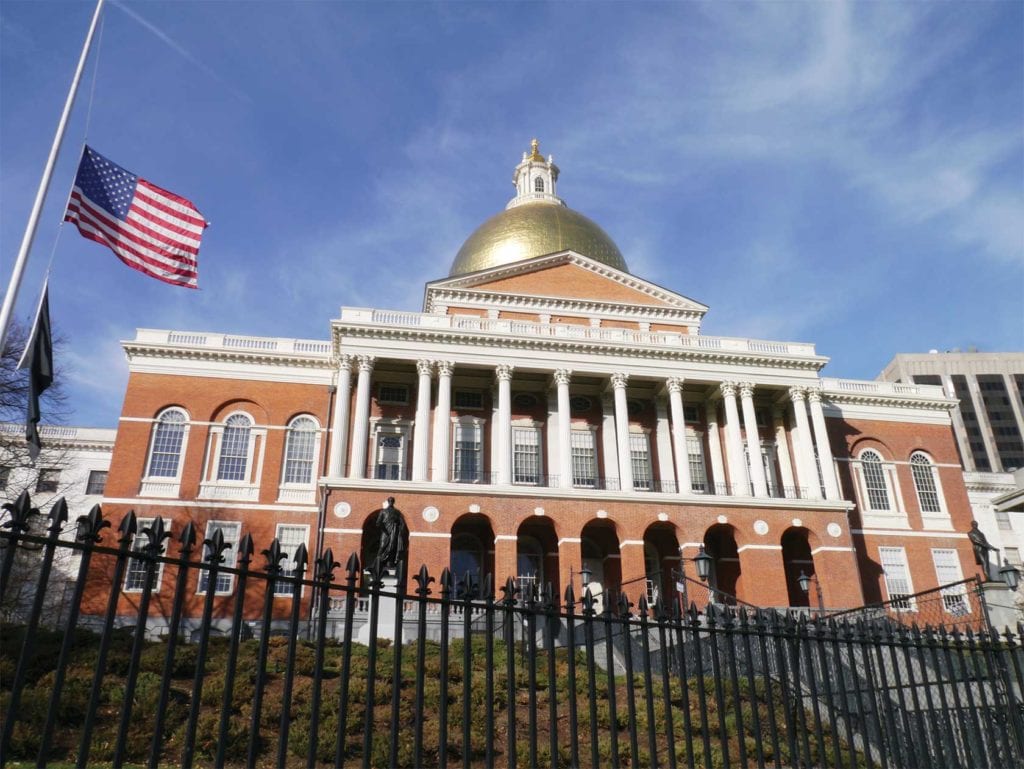House budget skimps on education
City will increase Boston school funding

This year’s state budget process has moved to the Massachusetts House of Representatives, and like the governor’s budget, the House version does not include funding promised in the Student Opportunity Act for the second year in a row, leaving educators to wonder when the $1.5 billion signed by the governor in 2019 will come to fruition.
The $4.76 billion House budget increases the governor’s overall budget proposal by $1.8 billion and proposes a $220 million increase to Chapter 70 education funding.
In the meantime, the city of Boston is making its own investments to supply extra support to schools, and House legislators have proposed $40 million in other funding to make up for the lack of Student Opportunity Act funds.
This is happening amid a long-term decrease in Chapter 70 funding over time, says city of Boston Chief Financial Officer Justin Sterritt.
“Traditionally, and historically, the dynamic between how much money the city gets from the state has been a downward trajectory,” he said.
Sterritt told the Banner that the city of Boston has a history of stepping up with its own education funding, and it’s less dependent on state funding compared to other cities. Acting Mayor Kim Janey’s budget for Boston Public Schools is $1.29 billion, including $36 million in new investments. The school budget is expected also to be supplemented by $123 million in federal funding related to pandemic recovery.
Education leaders are still fighting for the Student Opportunity Act funding at the state level, regardless of federal or municipal assistance.
“It’s based on counting people, and based on need and poverty, special ed … That’s real money when it comes into the district that we can hire the right amount of educators for this coming year,” said Beth Kontos, president of the Massachusetts branch of the American Federation of Teachers.
The House proposes that the Student Opportunity Act funding timeline be altered from the original plan of $1.5 billion over seven years, which would increase the Boston schools budget by at least 35%, to a six-year plan that will start two years later than expected. Legislators have not yet decided if they will base the funding on 2019 enrollment numbers as expected in the original act, or on this year’s numbers, which reflect a large gap in enrollment due to the pandemic.
Kontos emphasized the urgency of the budget decisions.
“We need to know this summer what the numbers are. Budget season is right now … and by law, they have to be balanced,” Kontos said.
The poorest districts are going to have the most trouble funding their schools, Kontos added, leading to lack of sufficient nursing staff, library staff, and staff involved with high needs students — that includes students with disabilities and those whose families speak a language other than English.
BPS released its fiscal year 2022 budget earlier and plans to receive significant help from the city, since the district has mainly depended on city property taxes for funding rather than state allocations.
However, a delay in Student Opportunity Act funding could still be a problem over time.
Vatsady Sivongxay, executive director of the Massachusetts Education Justice Alliance, said that 31,000 students statewide are missing from the past year’s enrollment, and if they aren’t counted in Student Opportunity Act funding now, there may not be adequate funding when they return.
“We all think that the majority of the students will be returning,” Sivongxay told the Banner. “And with this loss, with this gap, and not including the 2019 enrollment data, it’s going to be extremely challenging,” she said.
MEJA is urging the Legislature to “count every student” and use 2019 enrollment numbers to decide funding. Sivongxay and Kontos agree that the $40 million fund the House has proposed is not the same as the benefits the Student Opportunity Act would give. The funding will require districts to apply for the amount of funding they need, with no guarantee that they will receive it.
“We need more support this upcoming year,” Sivongxay said, “to be able to hire and to be able to provide additional support services for the emotional and mental health needs post-pandemic.”
The House continues to debate the budget and more than 1,000 amendments this week, and will present its final budget in May. Then, the Senate will go through a similar process, presenting their version of the budget by the end of May.






